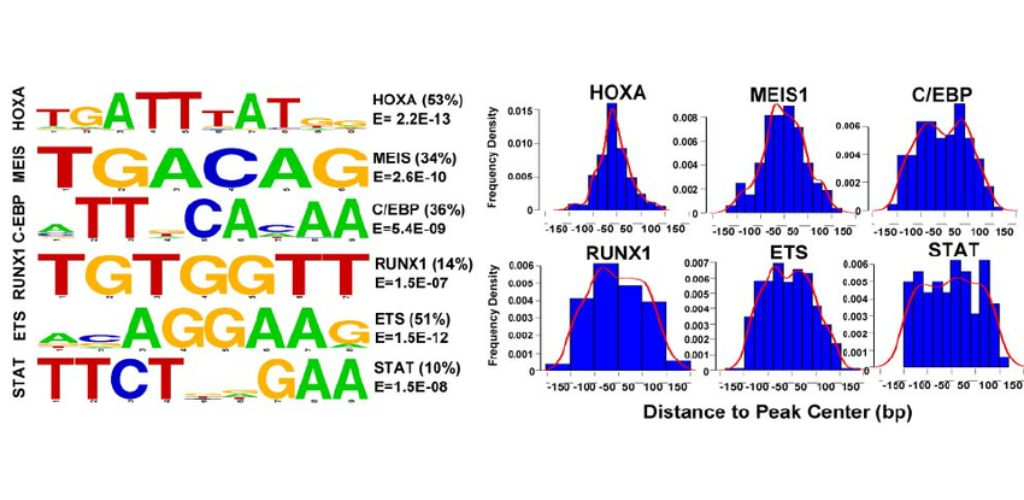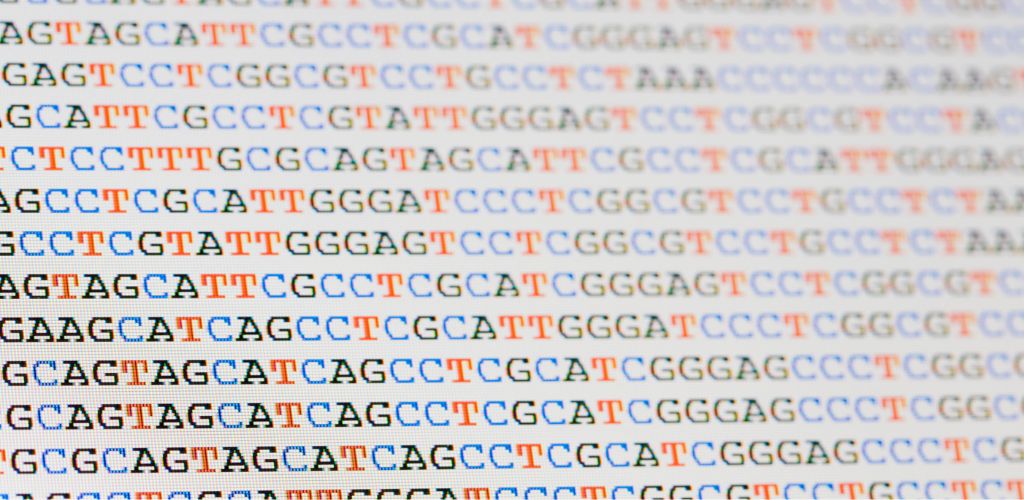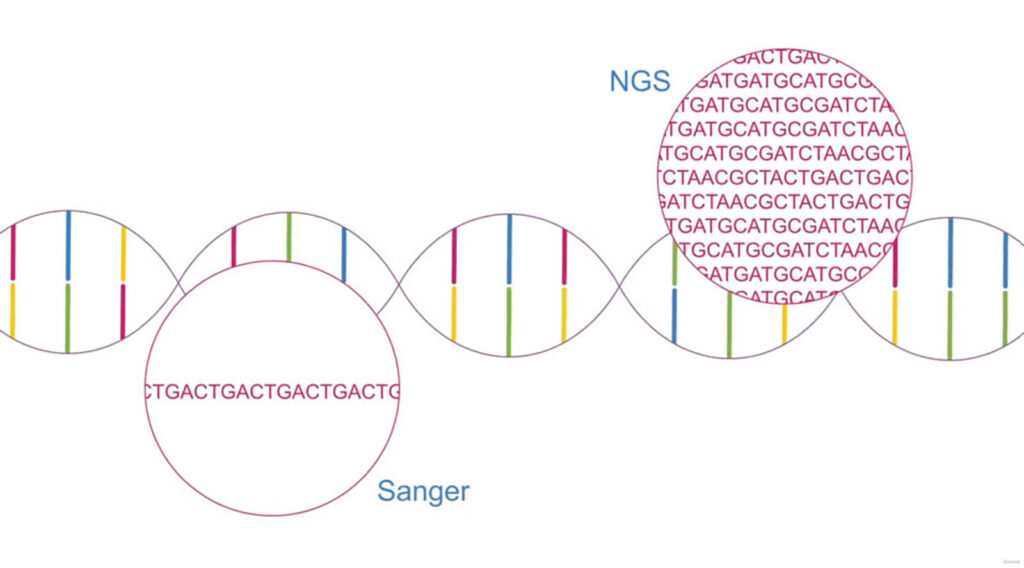Application of Deep Learning Methods in Biological Networks
Biological networks play a crucial role in understanding complex biological systems, discovering disease mechanisms, and identifying potential therapeutic targets. With the explosion of biological data, including biomolecule interactions and genomic information, there’s a growing need for robust algorithms to analyze these networks effectively. Deep Learning: A Powerful Approach Deep learning, a subset of machine learning, […]
Application of Deep Learning Methods in Biological Networks Read More »











